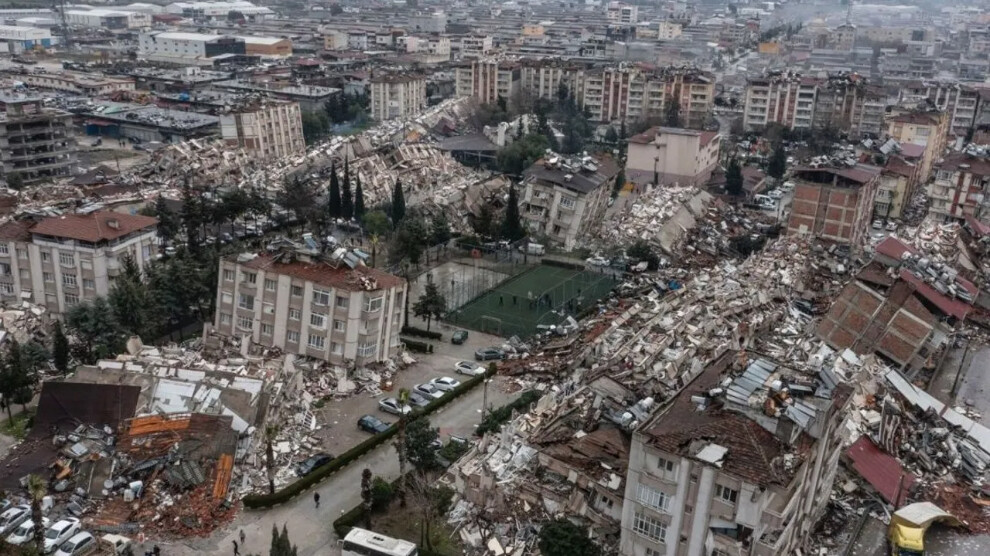ILO: Child labour are expected to increase after earthquakes
Without urgent and dedicated support, poverty, informality and child labour are expected to increase, according to new International Labour Organization (ILO) assessments of the labour market impact of the disaster.

News Center- Hundreds of thousands of workers in Türkiye and Syria have lost their livelihoods because of the earthquakes that hit the southeastern provinces of Türkiye and northern regions of Syria in February. The International Labour Organization (ILO) has released a report including assessments of the labour market impact of the disaster.
Without urgent and dedicated support, poverty, informality and child labour are expected to increase, according to ILO assessments. According to the initial data from Türkiye, the earthquake left more than 658,000 workers unable to earn their living and more than 150,000 workplaces are unusable.
“The ILO estimates that these affected workers face average income losses of more than US$230 per month each for as long as the disruption continues. Overall, the crisis is likely to have reduced take-home labour income by around US$150 million per month in the affected areas.”
The affected provinces in Türkiye are home to more than four million workers, most of whom work in agriculture, manufacturing, trade or other low-value-added services. In addition to employment losses, the ILO’s assessment on Türkiye warns about increased risks to occupational safety and health, as well as child labour.
According to unions in Türkiye, the unemployment rate among women in earthquake-affected provinces continues to increase. In 2021, the unemployment rate among women across Türkiye was 14.7%, while it was 16.8% in the earthquake-affected provinces.
Syria: 170,000 workers have lost their jobs
In Syria, where 12 years of civil war had already taken a huge toll on the economy and labour market, the assessment finds that around 170,000 workers have lost their jobs as a result of the earthquakes, according to the ILO. “This has directly affected around 154,000 households and more than 725,000 people. Around 35,000 micro, small and medium-sized enterprises (MSMEs) have also been affected. This temporary ‘disemployment’ has led to total labour income losses equivalent to at least US$5.7 million a month.”
Aleppo, Hama, Idleb, Lattakia and Tartous are the most affected provinces by the earthquake. These provinces were home to an estimated 42.4 percent of the country’s total population. “This included around 7.1 million people of working age (16 or older), of whom 2.7 million were in employment (formal and informal). 22.8 percent of these were women.”
“Employment promotion is central to a successful and inclusive response to this disaster,” said ILO Director-General Gilbert Houngbo. “People can only begin to rebuild their lives if they have rebuilt their livelihoods. We owe it to those who have lost so much in the earthquake to ensure that the principles of social justice and decent work are firmly embedded in the recovery and reconstruction process.”
